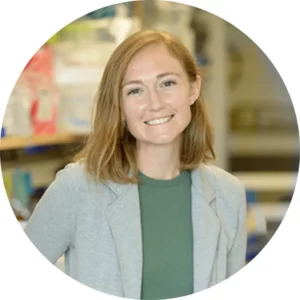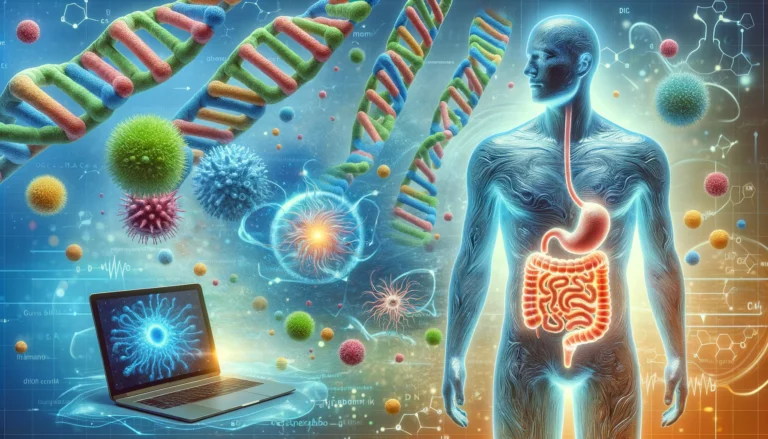
Abstract
- Fecal transplant from NSCLC patients that respond to immune checkpoint inhibition reduces tumor growth in mice compared to non-responder feces.
- The Bacteroides genus is enriched in the responder microbiome and some responder-isolated strains produce the metabolite cis-Bac430.
- cis-Bac430 robustly stimulates IFNγ in CD8+ T cells. In combination with anti-PD-1 therapy, intratumorally administered cis-Bac430 significantly decreases tumor growth.
- Discover how to utilize high-throughput cultivation methods to accelerate the research and development of microbiome-based small molecule cancer drugs.
Speaker: Rachel C. Newsome, PhD
Dr. Christian Jobin lab, University of Florida
Rachel Newsome’s undergraduate research was done in the lab of Dr. Steven Bruner in the Department of Chemistry at the University of Florida, investigating the natural product biosynthesis of the colibactin pks gene cluster in E. coli, specifically focusing on the mechanistic enzymology of the multidrug and toxic compound extrusion protein ClbM. Rachel worked in Dr. Christian Jobin’s lab as a lab technician from 2016 to 2018 and started as a graduate student in the Graduate Program in Biomedical Sciences in the Fall of 2018 in the advanced concentrations of Cancer Biology and Clinical and Translational Science. Her graduate research focuses on the role of the gut microbiota in cancer immunotherapy. Rachel uses specific pathogen-free and germ-free mouse and zebrafish models of cancer and inflammation, bacterial culturomics, flow cytometry, primary cell culture, histology/pathology, next-generation sequencing, and immune checkpoint therapies to dissect the role of specific bacterial products in driving anti-tumor synergy with anti-PD-1 therapy.

